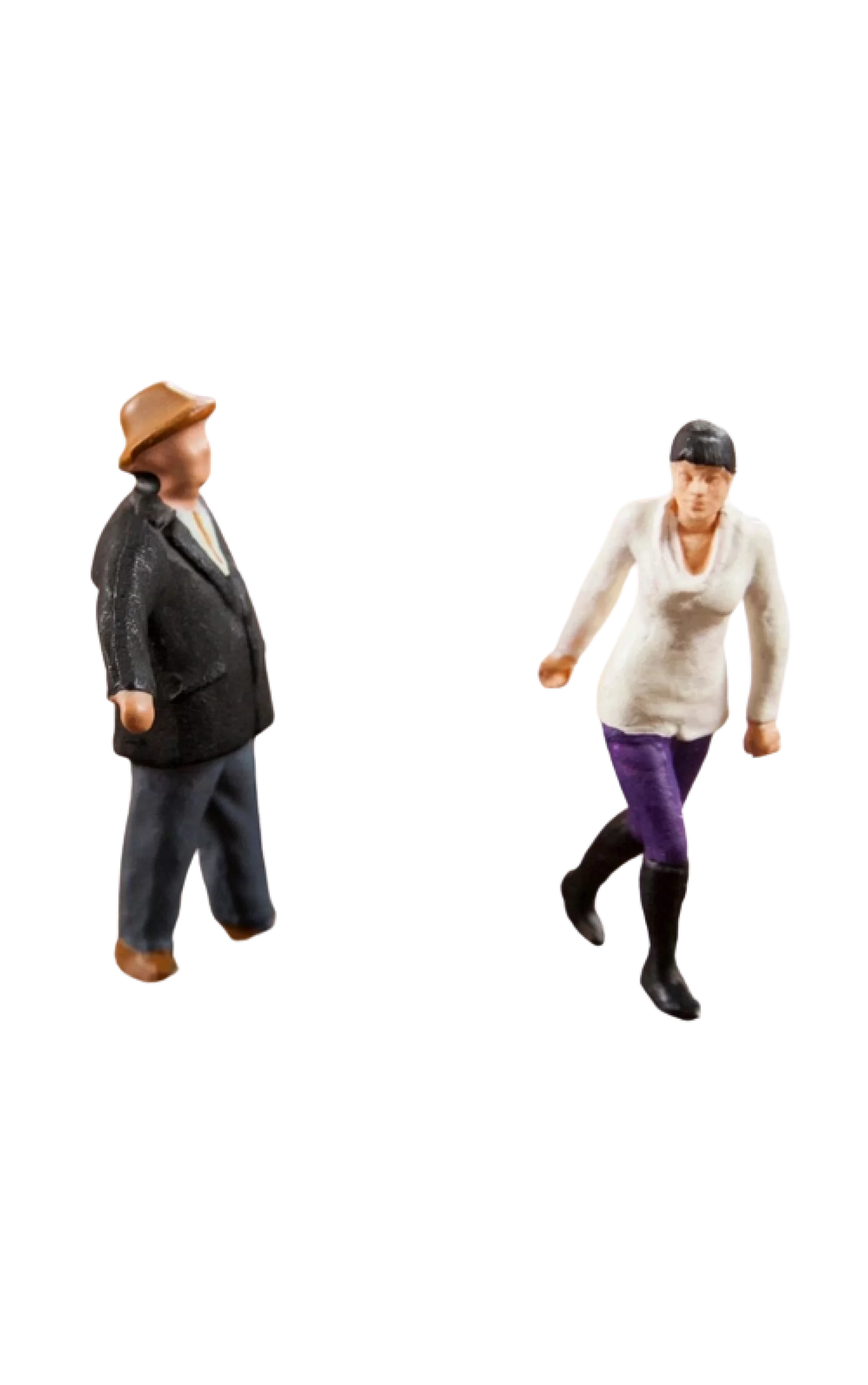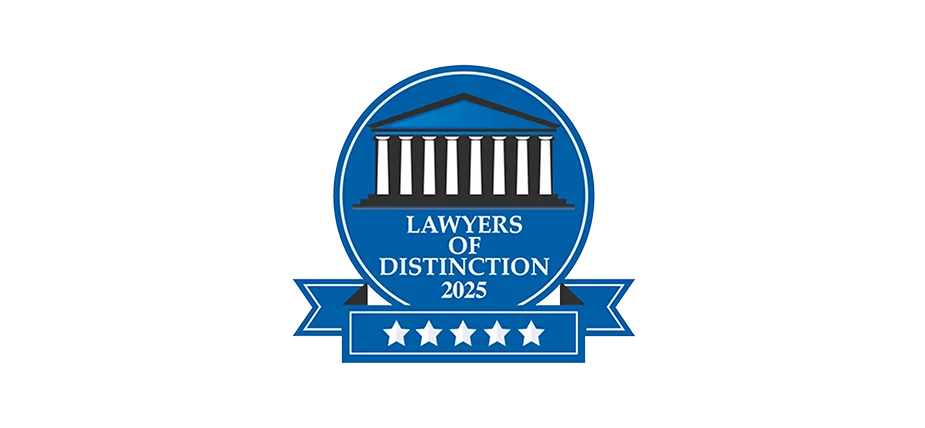
Workplace Harassment in California: When to Seek Legal Help
Despite strict laws, workplace harassment remains a serious issue affecting employees across California. Many workers aren’t sure what qualifies as harassment or when it’s time to speak with a lawyer. Understanding your rights is the first step to protecting them.
Workplace harassment refers to unwelcome behavior directed at someone based on protected characteristics such as race, gender, religion, age, sexual orientation, or disability. This can include offensive jokes, verbal abuse, physical intimidation, unwanted touching, or other conduct that creates a hostile work environment.
Harassment differs from discrimination, which typically involves unfair employment decisions—like hiring, firing, or promotions—based on protected traits. In contrast, harassment is about hostile conduct that interferes with someone’s ability to do their job.
So when should you seek legal help?
If the harassment is ongoing, severe, or your employer has failed to address your complaints, it may be time to contact an employment lawyer. Legal help can be especially important if the behavior is affecting your well-being, job performance, or career opportunities. A lawyer can help you understand whether your rights have been violated and guide you through the next steps.
What Is Harassment in California Law?
Under California law, harassment is defined as unwelcome conduct directed at an employee because of a protected characteristic—such as race, gender, religion, sexual orientation, age, or disability. To be considered unlawful, the behavior must be severe or pervasive enough to create a hostile, intimidating, or abusive work environment.
Harassment can take many forms, from verbal abuse and offensive comments to physical intimidation or inappropriate sexual behavior. It can occur between coworkers, supervisors and employees, or even involve third parties in the workplace.
Below are some of the most common types of workplace harassment California employees may encounter:

01
Racial harassment can be devastating. It may entail the use of racial slurs, offensive or derogatory remarks about a person’s race or color, or displaying racially offensive symbols.
02
Disability harassment may involve ridicule or mockery of a person’s physical or mental differences. It’s a gross violation of a person’s rights and underlines the need for awareness and sensitivity toward differently-abled individuals in the workplace.
03
Quid Pro Quo harassment is a form of sexual harassment. This occurs when workplace decisions are based on an employee’s willingness to trade sexual favors for benefits in the workplace such as promotions, pay increases, preferred assignments, and more.

Harassment can take many forms, including spoken comments, written messages, physical actions, or offensive images, gestures, or displays. These behaviors often target someone’s protected traits and may contribute to a hostile or demeaning workplace.
It’s important to understand that under California law, what matters most is how the behavior is received—not whether the person responsible intended harm. Even conduct framed as a “joke” may still be unlawful if it negatively affects the person targeted.
If you’re experiencing harassment at work, it can be helpful to keep a record of what’s happening and how it’s affecting you. In many cases, reporting the issue internally is an important first step. If the behavior continues or your concerns aren’t taken seriously, seeking legal guidance may help you understand your options and protect your rights.
What Should I Do If I’m Harassed at Work?
If you believe you’re experiencing harassment at work, the best first step is to understand your rights and the options available to you. What you should do next depends on the situation — how severe the behavior is, whether it’s ongoing, and how your employer has responded.
In many cases, reporting the harassment internally — either to a supervisor, manager, or HR department — is recommended. This gives your employer an opportunity to address the issue and may help document your concerns.
If the behavior continues or your report isn’t taken seriously, it may be time to speak with an employment lawyer. An attorney can help you understand whether your rights have been violated and what steps you can take next, including whether to file a formal complaint with a state agency.
Every situation is different, and legal protections can still apply even if you’re no longer employed. Whether you’re still in the workplace, have left your job, or were terminated, you may still have the right to pursue a claim.
How To File a Harassment Case
Filing a workplace harassment claim in California can be a complicated and often overwhelming process. Because every case is different, it’s generally recommended to speak with an employment attorney before taking formal steps. An attorney can help you understand your rights under the law and provide guidance based on the specifics of your situation.
In many cases, an attorney may assist you in compiling a clear record of the incidents — helping organize dates, communications, and any relevant documentation. They may also guide you through how to report the issue internally or evaluate whether your employer has taken appropriate steps to address your concerns.
Depending on your circumstances, your attorney might recommend filing a formal complaint with the California Civil Rights Department (formerly DFEH). This process can involve mediation between you and your employer. In some situations, if mediation doesn’t resolve the issue, you may receive a right-to-sue notice, which could allow you to move forward with a legal claim in court.
Because the legal process varies based on the facts of each case, speaking with an attorney is often the best way to determine your next steps and protect your rights.

The Deadline to File
Harassment Cases
California law includes specific timelines for filing workplace harassment claims. Generally, individuals have up to one year from the date of the last incident to file a complaint with the California Civil Rights Department (formerly DFEH). If a “right to sue” notice is issued, there is typically an additional year to file a lawsuit in court.
These timeframes are important to keep in mind, as they may affect your ability to pursue a claim. If you believe you’ve experienced workplace harassment, speaking with an employment attorney can help you better understand how these deadlines might apply to your situation.
Please note: Laws and regulations are subject to change. For the most current information, consult the California Civil Rights Department or speak with a licensed employment attorney in the state of California.
Why Choose Colby Law Firm For Your Harassment Case in California?
Navigating the legal process in a workplace harassment case can be challenging. At Colby Law Firm, our team helps clients across California understand their legal rights and explore available options. We can assist in preparing complaints, responding to employer actions, and when appropriate, filing claims with the California Civil Rights Department (formerly DFEH).
If a case involves negotiation or further legal action, we support our clients through each stage—whether that includes exploring settlement options or, in some situations, representing them in court. While every case is different, our attorneys are committed to providing clear guidance and dedicated representation.
Experience and Expertise
Facing your employer in court can be daunting, but having an experienced harassment attorney by your side can help you navigate the process with confidence. The attorneys at Colby Law Firm have handled a wide range of California workplace harassment cases.
Our work doesn’t stop at court representation. When appropriate, we can also negotiate a settlement on your behalf—advocating for a resolution that reflects your experience and pursuing the rightful compensation you may be entitled to under the law.
Free Case Evaluation
If you’re facing a workplace issue and want to know whether it’s something we may be able to assist with, you can submit your information for a free case evaluation. This process involves providing basic details about your situation so our team can assess whether your matter aligns with our practice focus.
There’s no cost or obligation. If it’s a matter we may be able to help with, someone from our team will follow up with next steps.
Personal Approach
We understand that workplace harassment can have a deep emotional and professional impact. That’s why we approach every case with care, professionalism, and a willingness to listen. Our attorneys take the time to understand your experience and help you determine the most appropriate legal path forward.
Willingness to Listen
Engaging a California harassment lawyer is not merely about seeking legal help; it’s about ensuring that your voice is heard and that you have a meaningful opportunity to pursue justice. At Colby Law Firm, we are here to listen and help guide you toward a positive resolution based on the specifics of your situation.

Contact Our California Wrongful Termination Lawyers Today
Workplace harassment can take a serious toll—not just on your job, but on your well-being and sense of safety at work. If you’re experiencing harassment or believe your rights may have been violated, it’s important to understand your legal options.
Colby Law Firm is licensed to represent clients throughout California and has experience reviewing a range of workplace harassment matters under state employment law.
You can submit your information for a free case evaluation to find out whether your matter may fall within our practice focus. There is no charge or obligation. If we believe we can assist, someone from our team will follow up with next steps.
Testimonials
What California Says About Our Harassment Lawyers
Professional Affiliations & Honors
Proudly Affiliated with Leading Legal Organizations








Certifications
Our Certifications Claim Our Extensive Expertise in Employment Law







